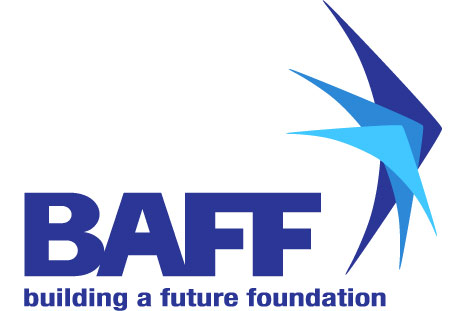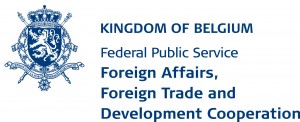Natural Fibre Project
With the expertise of its engineers, BAFF developed an artisanal machine (low to zero CO2 emission) for the production of unidirectional and biaxial fabric from mesh of natural jute fibres from Bangladesh. In order to test the different bio-composites, BAFF’s team has built test benches to compare the resistance of each material versus wood.

Using the infusion technique, BAFF has already built several products with its natural fiber fabric such as tables and benches to equip the Pearl, a 14 m catamaran used by Sail Lanka Charter for Day chartering and the deck and the hull of a 6,5 m Minibee boat that was launched end of March 2015. The boat participated in the Weligama Regatta end March 2015 and performed well (below picture).

This prototype Minibee in biocomposite – natural jute fabric + resin – has been built with a 8 mm hull (instead of 6 mm for traditional composite construction) to test its robustness and resistance. The prototype has a weight of 814 kg (without the keel) compared to the 650 kg (without the keel) of a Minibee built with the traditional technique. After thoroughly testing the prototype, BAFF intends to build a lighter version of the Minibee in jute.
The Building A Future Foundation also works in collaboration with the French association Gold of Bengal based in Bangladesh, expert in natural jute fibres, and that manufactures fabric from natural jute fibre in an industrial way and at large scale. BAFF has built one 3,5 m RIB (Rigid Inflatable Boat) with the fabric made by GOB in Bangladesh and is currently testing its resistance to forces and shocks at sea.

BAFF is willing to research and test other natural fibres such as the sisal of Madagascar for the manufacture of local Vezos pirogues. In that regard, BAFF is keen to collaborate with a well-established organisation in Madagascar and to bring its technical expertise and support.










